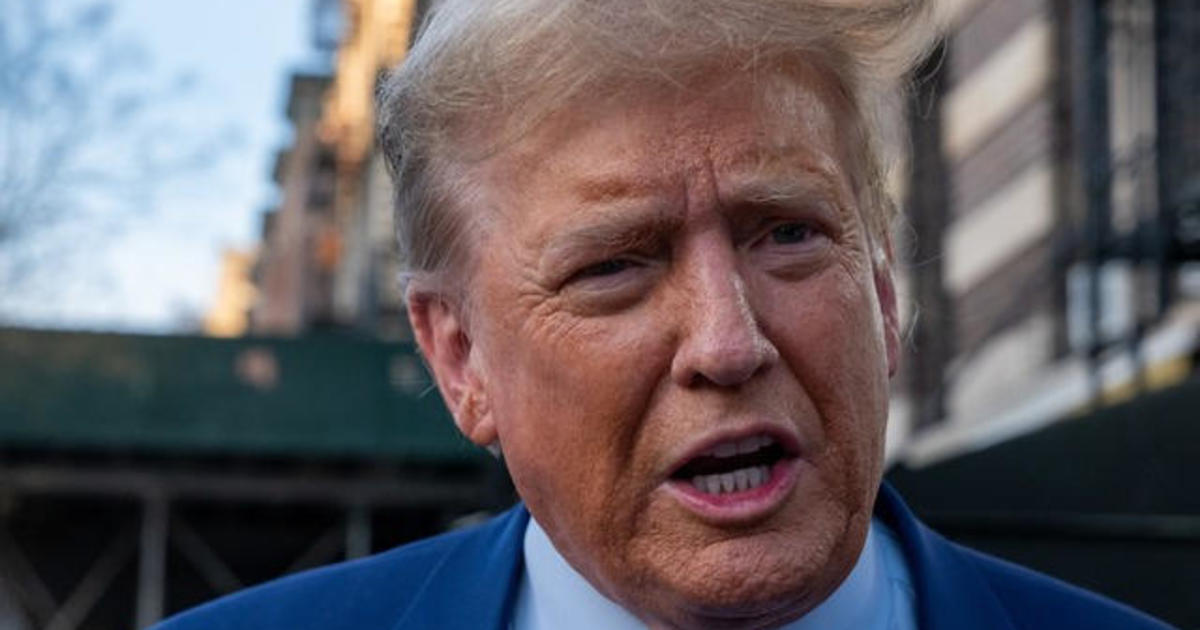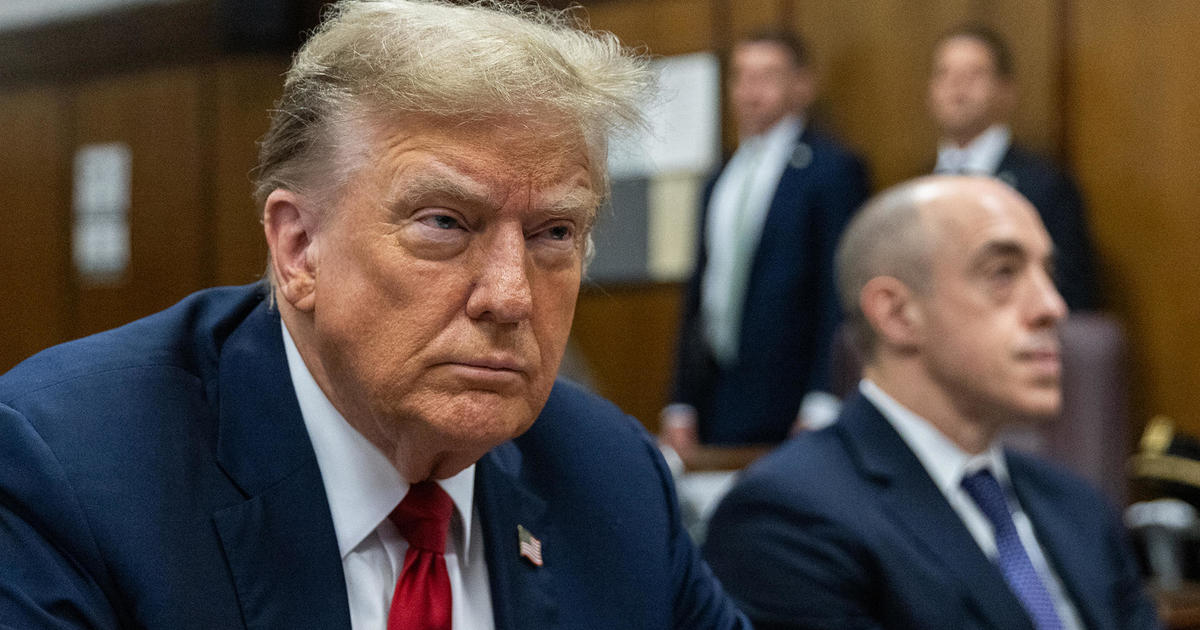Is Davos' global vision dimming as China’s version shines?
Maybe Davos-style globalization is done for, replaced by China’s less-open-minded version.
The big shifts of 2016, such as Donald Trump’s election and the British vote to exit the European Union, known as Brexit, have propelled that prospect to the fore. Like an unexpected super-storm, anti-globalization populism has slammed through the West over the past year – and prompted much talk that the World Economic Forum in Davos and what it stands for are outmoded.
After all, the exclusive gathering in the Swiss resort, which begins Tuesday, is a celebration of trans-national thinking, which has been gospel among European and North American leadership since World War II. Free trade, barrier-less immigration, rule of law, sanctity of contracts, diversity of ethnicities, a variety of views welcomed: These principles have undergirded it, and now are under fire.
Significantly, China’s President Xi Jinping will appear at Davos for the first time this year, promoting what he calls “inclusive globalization.” While that sounds benign, it really means a new order that China leads, pushing aside the U.S. and its European and Japanese junior partners.
“There is a massive anti-globalist trend, against what the West has put together,” said political scientist Ian Bremmer, who heads the New York-based Eurasia Group consulting firm. “And China is taking the leadership role.”
Little doubt exists that the torrent of earth-shaking events lately has shoved Davos Man and Woman, the term for the big shots who appear there every year, out of their comfort zone. Aside from the Trump and Brexit votes, there’s a rise of European populist parties challenging the established order in elections this year.
Klaus Schwab, who founded the WEF in 1971, forebodingly put it this way on the Davos website: “At this tipping point, our traditional concepts of society, meaningful employment and the nation state are challenged, and many understandably feel insecure or even threatened.” He told the Associated Press on Sunday that “it’s important to listen to the populists.”
Of course, Davos’ decline has been foretold many times before. After the 2008 financial crisis, a lot of talk emerged about how the tech-driven, trade-enriched, inter-connected world that the conference’s savants had championed was headed into the hell mouth of a second Great Depression.
Just as no one at the WEF had foreseen the dangerously rickety nature of the housing economy and its threat to the world financial system, the rise of populism and its insular trappings was a big surprise.
Harvard professor Kenneth Rogoff, the former chief economist at the International Monetary Fund, likes to say that “the conventional wisdom of Davos is always wrong.” Witness its smug assumption at the 2016 conclave that Mr. Trump, then sitting atop the polls for the GOP nomination, would never win the White House.
No one doubts that China has the economic momentum to expand its role on the world scene. If current trends continue, China’s 2035 gross domestic product could be a third larger than that of the U.S, according to Karl Eikenberry, a former U.S. Army general who now is a professor at Stanford University.
While the Chinese growth rate has slowed from double digits a few years ago, it still is formidable. Right now, China is growing at around 7 percent annually, more than three times the rate for the U.S. China’s GDP is $11.3 trillion, and the U.S.’s is $18.5 trillion.
A possible Chinese hegemony strikes fear into many Western hearts. American and other foreign business executives complain bitterly, although often privately, about theft of their intellectual property by Chinese competitors. Doing business in China usually involves pairing with Chinese companies, which have the upper hand in the partnerships. Forget about seeking redress in court.
Meanwhile, China is aggressively expanding its influence across the map, with investments and purchases of assets. With its “Silk Road” initiative, China is building massive transportation links and buying up oil and gas properties throughout Asia. China’s Anbang Insurance Group bought New York’s iconic Waldorf-Astoria hotel in 2014, and is buying more hotels.
China’s rise is one part of the dynamic, and signs of Western retreat compose the other.
Although the Trump administration’s overall international strategy is still taking shape, amid the formation of his cabinet, his rhetoric during the election campaign indicates a desire to withdraw from areas he thinks are not in America’s interest -– like free trade and opposition to an expansionary Russia. Mr. Trump is not going to Davos, although 46 heads of state are.
The demise of the Trans-Pacific Partnership, a trade deal between the U.S. and many non-Chinese Asian nations, appears dead since Mr. Trump’s election (he thinks the TPP would harm American job creation). China is eagerly promoting its own trade consortium.
But an America First stance, which China could exploit, has echoes among the U.S.’s European allies, which are feeling populist heat – and which are being felt in Davos. The possibility that Germany and France, the two stalwarts of the European Union, might opt out due to internal political pressures, is adding to jitters in Davos. Without them, the EU is not worth much.
Tellingly, German Chancellor Angela Merkel, a veteran WEF attendee, is not coming to the gathering. One widely suspected reason: Her Christian Democratic party could face trouble in elections this year from populist alternatives.
Merkel is running for a fourth term, but she has come under harsh criticism for her “open door” refugee policy, which has brought thousands of Middle Eastern immigrants to the country in 2015 -- and terrorist acts have freightened voters. Partying in a plush Swiss Alps get-away with the internationalist set might not play well with a restive electorate. (She also didn’t come to the January 2016 session.) In the fall, Mr. Trump referred to her refugee policy as “insane.”
Another Davos non-attendee is France’s president, Francois Hollande, whose popularity has plunged in the wake of terrorist attacks and high unemployment. He is not running for re-election this year. His Socialist Party is in disarray. The front-runner is the more right-wing Francois Fillon, a former prime minister, and a scan of the Davos participant list does not show him at the forum either.
The anti-EU and anti-immigration far-right populist, Marine Le Pen, Fillon’s chief rival who is not far behind in the polls, does not appear on the list, which is no suprise. Her National Front has shown a surge in voter approval since last year.
At the same time, new British Prime Minister Theresa May is expected in Davos. She opposed Brexit, but when David Cameron quit as premier in the wake of the vote, she took over, sounding a skeptical note about accepting large numbers of refugees.
All that said, while the Davos globalist mindset may be endangered, few believe that the conference itself will end. The world leaders, corporate titans and other muckety-mucks find it a great venue to gather new perspectives and do deals. “For CEOs and heads of state, it is an extraordinarily productive time,” political scientist Bremmer noted.
And indeed, several incoming members of the Trump administration are expected, such as the new National Economic Council director, Gary Cohn, well-known at Davos because of his former post as president of Goldman Sachs, and hedge fund executive and Trump transition adviser Anthony Scaramucci.
Their new boss, however, has no such Davos pedigree. Perhaps it’s symbolic that his inauguration Friday is on the last day of Davos.



